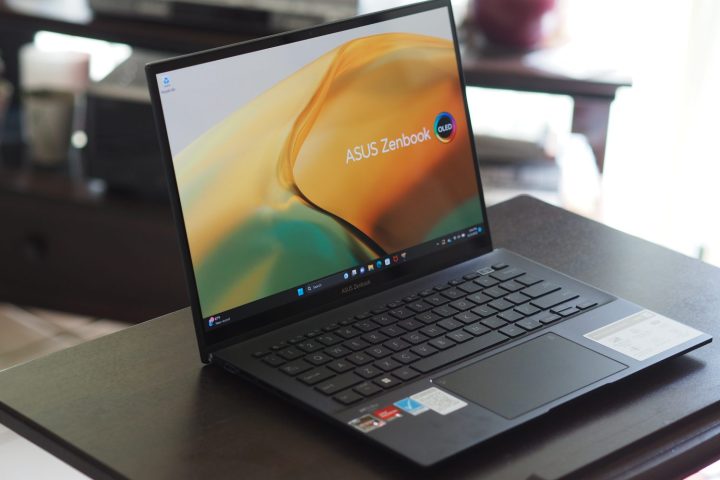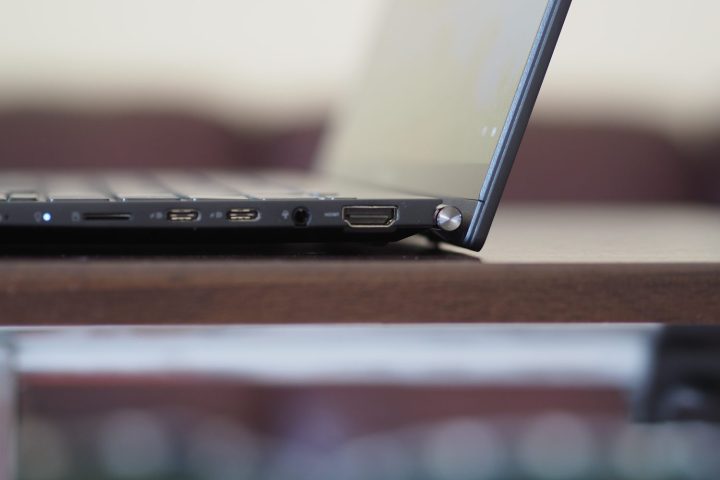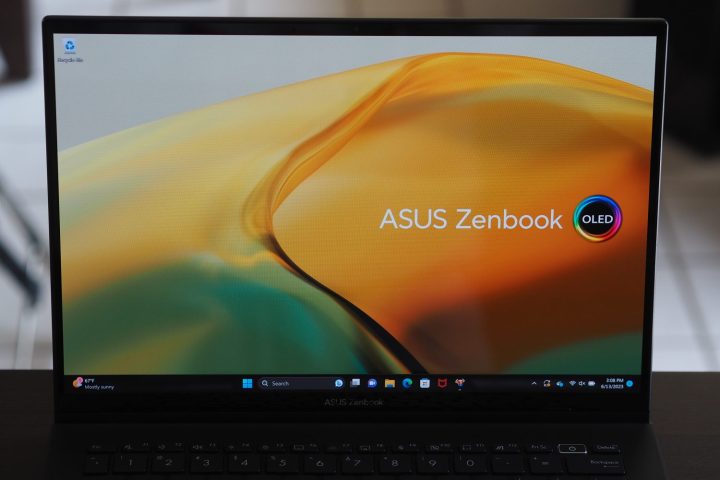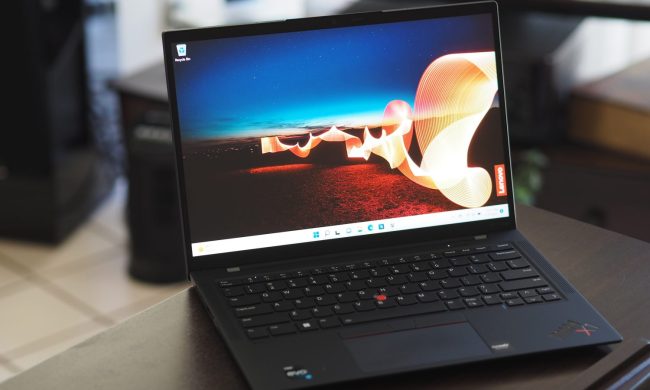I’ve reviewed many of the major laptops released over the past few years, and one of the most common questions I get is about which laptop to buy for a kid going off to college.
You need something portable and light, but not one that compromises quality either. And more than anything, it needs to be fairly affordable, which rules out a lot of the more expensive premium laptops you can buy. There’s one Windows laptop, in particular, that hits all these marks — and it may not be one you’ve heard of. I’m talking about the Asus ZenBook 14 OLED.
An affordable price

There’s no doubt, college is expensive. And a laptop can represent an important chunk of a college student’s budget. You don’t want to spend too much, but you also don’t want to buy a laptop that’s too cheap to make it through all four years (and maybe beyond).
The ZenBook 14 OLED starts at $700 with an AMD Ryzen 5 7530U CPU, 8GB of RAM, a 256GB SSD, and a 14.0-inch 2.8K OLED display. Those are minimal specifications, but for just $170 more, you can upgrade to an AMD Ryzen 7 7730U, 16GB of RAM, a 512GB SSD, and the same display — all while still keeping you under $1,000. That’s a fantastic value.
That’s one of the lowest prices you’ll pay for a laptop that’s not clearly a low-cost budget machine. The next best option, the Apple MacBook Air M1, can be had with a student discount for $900 with an Apple M1 CPU, 8GB of RAM, a 256GB SSD, and a 13.0-inch Retina IPS display. In the past, we’ve strongly recommended Apple’s most affordable MacBook, and it remains a great option. But as we’ll see below, the ZenBook 14 OLED offers better value ob a laptop that has more to offer, especially considering how much Apple charges for more storage and memory.
Good enough performance and great battery life

Unless your student is a gamer or pursuing a STEM or creative degree that requires a powerful laptop, most machines today provide plenty of performance for the typical student’s schoolwork. Taking notes, writing essays, researching the web, and the occasional foray into streaming video and social media don’t require more than a mainstream laptop.
The ZenBook 14 OLED uses a low-power AMD Ryzen 5 or 7 CPU, which is more than fast enough. In our benchmarks, it kept up with or was significantly faster than the equivalent Intel CPU, particularly in multi-core applications. Your student won’t have any problems getting work done, and the laptop is quiet enough to bring into a classroom for taking notes.
The typical AMD efficiency is on display here as well, with battery life that exceeds the average by a fair margin. I saw over 12 hours of web browsing and 17 hours of video looping, with a PCMark 10 Applications battery score of 14.5 hours. That promises close to a full day of classes, with some time left over for homework.
A gorgeous display for all-around use and media streaming

Usually, you don’t get a truly great display when you spend under $1,000. You can get a good IPS panel for around the price of the ZenBook 14 OLED, but it will be an average IPS display that doesn’t provide the best colors or contrast. This can make for a less pleasant experience when viewing and editing photos and video (not that you’d want to do serious video editing on any laptop under $1,000), and media streaming can be mediocre.
That latter use, streaming TV shows and movies, is probably an important one for college students who may not have a TV in their dorm rooms or one that does a good job with HDR. The ZenBook 14 OLED stands out, though, with an OLED display that is spectacular at any price. It’s bright enough, with excellent color width and accuracy and deep contrast. It does extremely well with HDR content, while producing an image that reduces eye strain and is outstanding for both schoolwork and creative tasks.
The best college laptop for the money
If you spend a lot more money, you can get a better laptop. You could consider a 2-in-1 like the Microsoft Surface Pro 9 that offers a pen for handwritten notes, or a high-end MacBook Pro for faster creative performance. But if your budget is more limited, then you can’t go wrong with the ZenBook 14 OLED.
Its build quality is great, it’s keyboard and touchpad (with embedded LED numeric keypad) are excellent, and performance, battery life, and display quality are optimized for a great college experience. I simply can’t think of a better laptop for the majority of college students.


